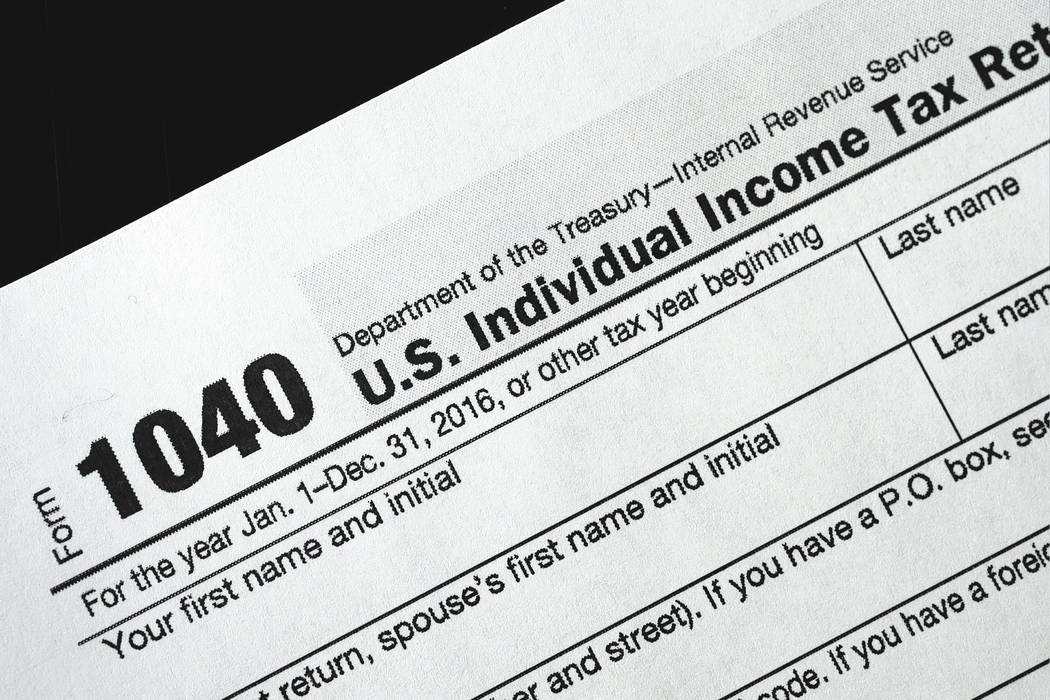EDITORIAL: Big-spending liberal states sue over Trump tax law
If history and current polling provide any indication, Democrats appear poised for considerable national gains in the November midterm elections.
But overconfidence often breeds hubris, and their blundered effort to shut down the federal government to protect illegal immigrants signaled that Democrats suffer from no shortage of either. That assessment was only confirmed late last week when the governors of three high-tax blue states announced they will challenge in court the new GOP tax law that is spurring corporate investment and putting more money in worker paychecks.
The legal action involves the states of New York, New Jersey and Connecticut and makes the creative — some might say frivolous — case that a provision of the law capping deductions for state and local taxes at $10,000 is unconstitutional. “We believe substantively there is a very strong case,” said New Jersey Gov. Phil Murphy, according to The Washington Post, “and the more like-minded states who join us, I think the better our shot.”
This is, pardon the pun, rich. In fact, the lawsuit is an effort to run interference for the wealthy and to protect progressive officials from the political consequences of their profligate taxing and spending. Where does the Constitution demand that federal tax law accommodate the confiscatory, anti-growth policies of states such as New York?
And as The Wall Street Journal noted on Monday, the lawsuit — which flies in the face of the collectivist-populist mantra about “soaking the rich” — risks alienating middle-class voters who will benefit from the tax bill.
“I’m getting mixed signals,” one small-business owner in upstate New York told the Journal, “because on one hand the Democrats say, ‘Tax the rich.’ If you’re deducting above $10,000, you’re wealthier. Who would be complaining about losing the (state and local tax) deduction? People with $2 million Long Island homes.”
The deduction has long allowed local and state politicians in jurisdictions such as New York to disguise the actual costs of their punitive tax policies through the generosity of the federal tax code. “Without the offset, local leaders said, taxpayers are likely to seek relief closer to home,” the Post notes, “potentially making it harder to provide basic services.”
To translate, that means the elimination of the tax write-off will make it more difficult for local officials to keep piling higher and higher taxes on their beleaguered residents.
The Post notes that “legal experts have questioned whether the federal courts would seriously entertain striking down the law.” That’s because the tax legislation itself is neutral when it comes to the states, treating each jurisdiction precisely the same. The legal case undergirding the challenge is as substantive as mist.
The lawsuit by New York, et al. is a political miscalculation. Rather than complain about a bill that lets a great majority of Americans keep more of their own money, these governors could protect their residents by following suit and lowering their own exorbitant state and local tax rates.




























